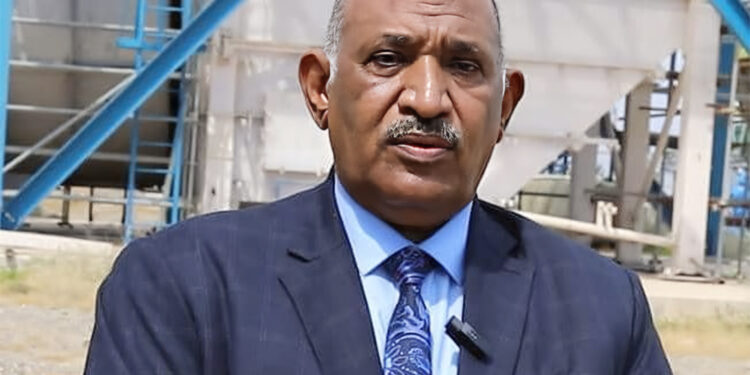Sudanese Minister of Energy and Mining, Mohieldin Naim, said on Wednesday that Sudan is seeking to attract investments from Russia and China to help rebuild its oil infrastructure, which has been valued at more than $ 22 billion due to the civil war in the country.
Naim added that the damage was caused to oil refineries, pipelines, oil warehouses and oil fields.
“Before we come to India, we visited China. We discuss with our partners how to establish our infrastructure. We also discussed with Russia,” the minister said in an interview with Reuters on the sidelines of the Indian Energy Week conference.
Naim indicated that he met with Russian Energy Minister Sergey Tsifelv in Moscow last November, and that “the talks were positive.”
The civil war has elaborated since April 2023 due to disputes over the integration of the rapid support forces into the Sudanese army.
Naim said that Sudan is seeking to attract investments to rebuild the Khartoum refinery and a new refinery with a capacity of 120 thousand barrels per day near the Red Sea.
He added that “the new refinery will be in the eastern region (from the country) that has not been subjected to war.”
Jelly refinery
The largest oil refinery in Sudan was fire in Khartoum, in which China has a stake.
The refinery is located in the Jelly region, 70 km north of the capital, and was established in 1997 and its operations began in 2000 and it is equally between the Sudanese government represented by the Ministry of Energy and the Chinese National Petroleum Company.
This refinery is one of the largest refineries in Sudan and is linked to a pipeline for export in the port of Bashaer on the Red Sea coast, in the length of 1610 km.
The minister stressed that Sudan is also ready to display shares in its oil areas to Indian companies.
“The war is about to end. Sudan is rich in resources and many companies interested in investing in Sudan,” Naim also said.
Sudan is the smallest producer in the “OPEC Plus” coalition, and is produced about 60,000 barrels of oil per day before its production declined after the war.
Sudan lost 3 quarters of its oil production capabilities after the secession of South Sudan in 2011.



